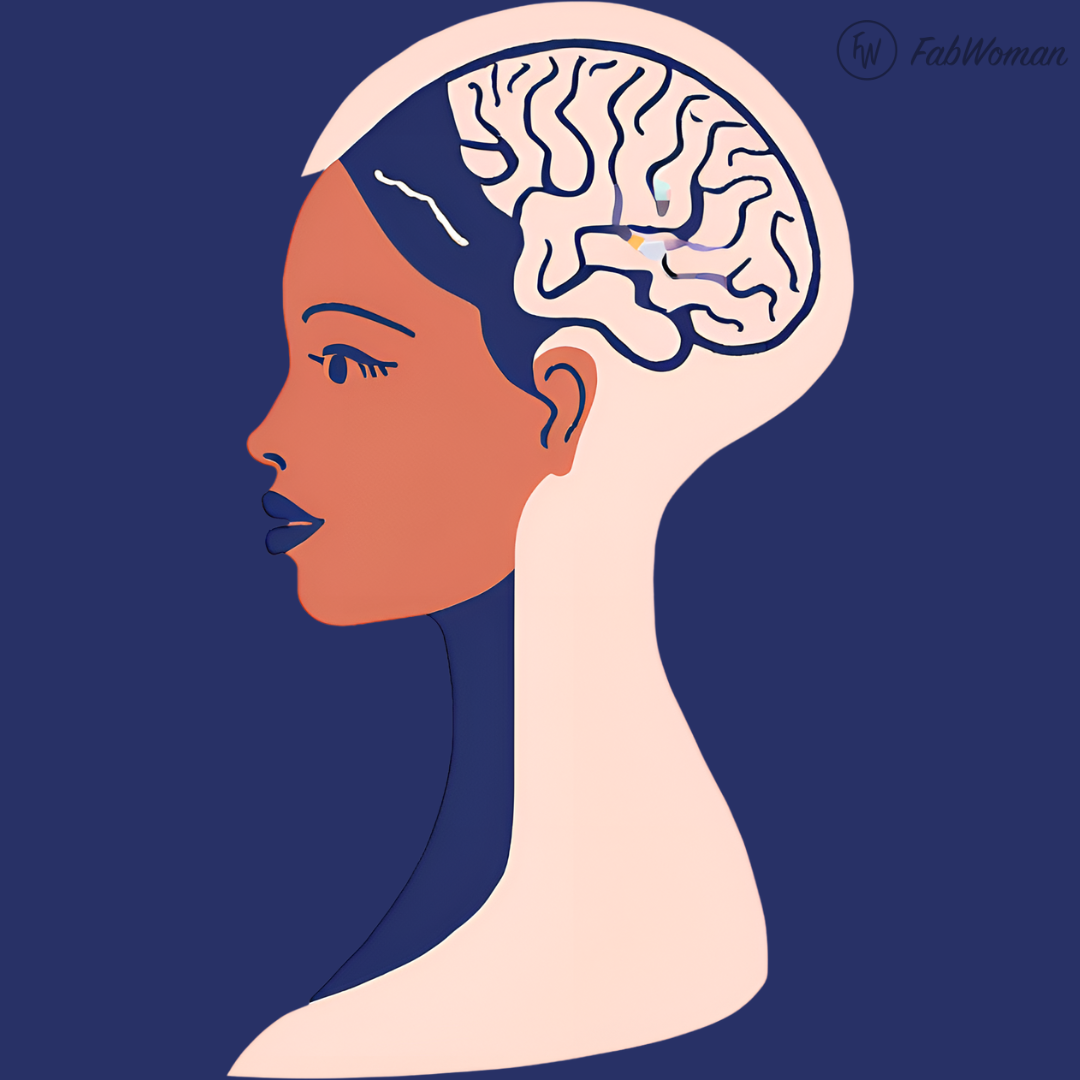Before now, not much was known about encephalopathy until a popular Nigerian actress, Bisola Badmus opened up about her battle with the condition.
Encephalopathy can be defined as a disease or injury that affects the brain. It usually occurs when there’s been a change in the way your brain works or a change in your body that affects your brain.
This condition is know to affect people of all ages and can be life threatening if not promptly diagnosed or treated.
Here are all the facts to know about encephalopathy.
Facts about Encephalopathy
1. Causes
Encephalopathy can be caused by some factors which include head injury, infection in the body or brain, stroke, liver disease, kidney failure, brain tumour, seizures, or lack of oxygen to the brain.
2. Symptoms
The symptoms of encephalopathy include confusion, memory loss, hallucinations, difficulty concentrating, and in severe cases, coma.
3. Types
There are several types of encephalopathy.
- Hepatic Encephalopathy: This occurs when the liver doesn’t work properly due to dysfunction.
- Chronic Traumatic Encephalopathy (CTE): Usually associated with head trauma, it is caused by repeated head knocks and concussions. It often occurs with sport related activities like boxing and football but can also result from non-sporting situations.
- Wernicke Encephalopathy: It is caused by a severe deficiency thiamine can lead to permanent brain damage. It occurs most commonly in people with severe alcohol addiction.
- Uremic Encephalopathy:It is caused by the accumulation of toxins due to acute or chronic renal failure.
4. Diagnosis
The diagnosis of encephalopathy is formed by a combination of physical examinations, cognitive tests, blood tests, brain scans (MRIS or CT scans).
5. Treatment
Depending on the underlying cause will inform the treatment options. These options may include supportive care, medication, dietary modifications, or in severe cases, hospitalization for more intensive care.
6. Prevention
Managing underlying medical conditions, avoiding toxins, and keeping oneself healthy can sometimes help prevent encephalopathy.

